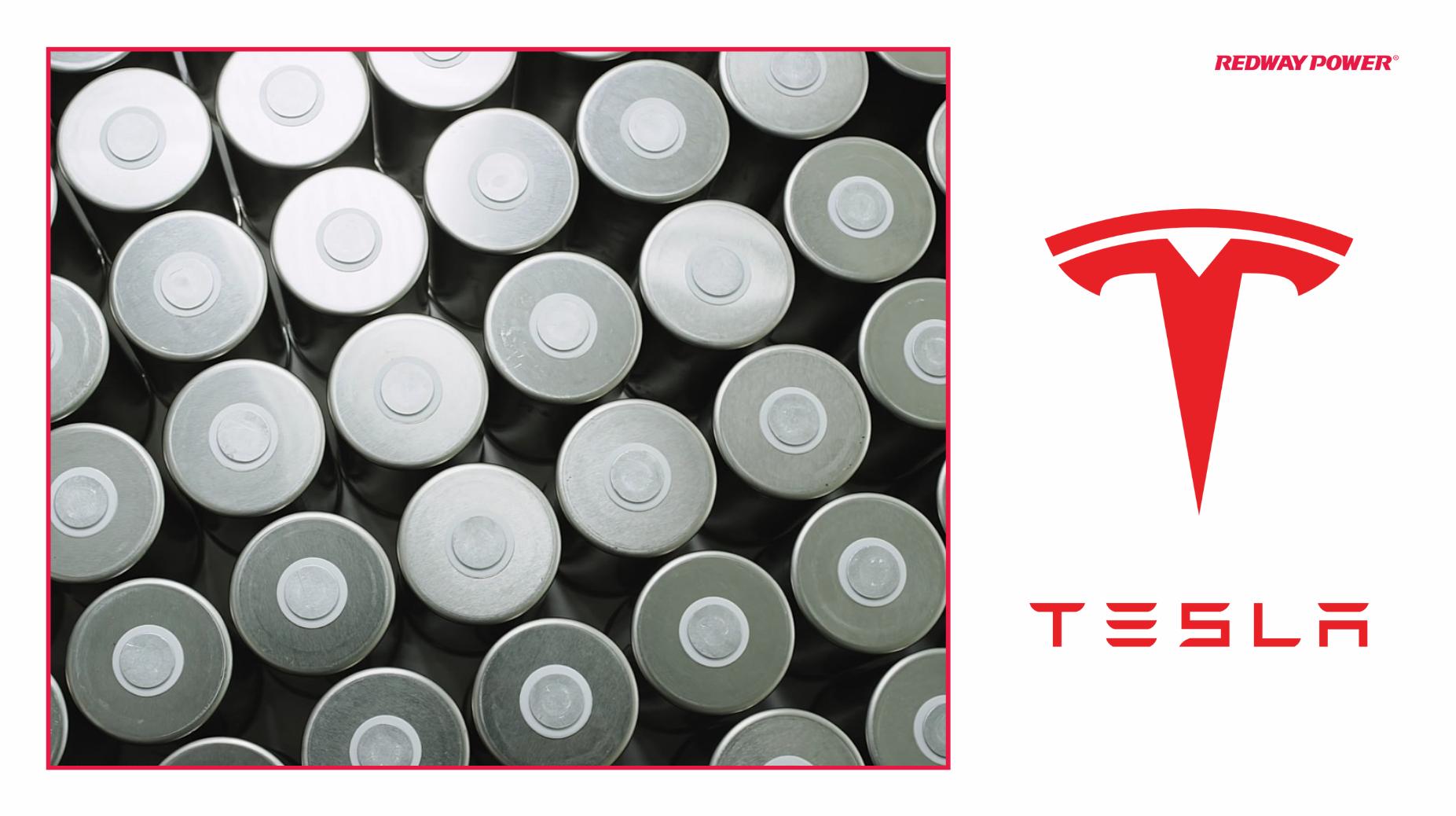
How Much Does Tesla Rely on Chinese Batteries?
Tesla relies significantly on Chinese suppliers for its battery production, with nearly 40% of its battery materials sourced from China. This reliance underscores the importance of China in the global electric vehicle (EV) market and raises questions about supply chain stability and geopolitics. Understanding these dynamics is crucial for stakeholders in the automotive and energy sectors.
What percentage of Tesla’s battery supply chain comes from China?
According to recent analyses, approximately 40% of the suppliers for materials used in Tesla’s batteries are Chinese companies. This statistic highlights China’s dominant position in the lithium-ion battery supply chain, which includes essential components such as lithium, cobalt, and nickel. The reliance on Chinese suppliers is particularly pronounced given that many critical minerals required for battery production are either mined or processed in China.
What companies are involved in Tesla’s battery supply chain?
Tesla collaborates with a variety of companies within its battery supply chain, including both domestic and international firms. Some key players include:
- Contemporary Amperex Technology Co., Limited (CATL): The largest lithium-ion battery manufacturer globally, CATL supplies batteries for many of Tesla’s vehicles produced in China.
- Panasonic: A long-time partner of Tesla, Panasonic manufactures batteries for vehicles produced at Tesla’s Gigafactory in Nevada.
- LG Energy Solution: This South Korean company also supplies batteries for certain Tesla models, especially those produced outside of China.
- Ganfeng Lithium: A major supplier of lithium products, Ganfeng plays a critical role in providing raw materials necessary for battery manufacturing.
These partnerships illustrate how Tesla has diversified its sources while still maintaining a significant reliance on Chinese suppliers.
How does Tesla source its battery materials?
Tesla sources its battery materials through a combination of direct partnerships with manufacturers and strategic agreements with mining companies. The company has established long-term contracts with several key suppliers to ensure a stable flow of essential materials. For example:
- Lithium Supply Agreements: Tesla has secured contracts with Ganfeng Lithium and other mining companies to guarantee access to lithium hydroxide and lithium carbonate.
- Cobalt Sourcing: The company works with suppliers like Glencore to procure cobalt while actively seeking to reduce cobalt content in its batteries due to ethical concerns associated with mining practices.
This multifaceted approach helps mitigate risks associated with supply chain disruptions and price volatility.
What implications does reliance on Chinese batteries have for Tesla?
Tesla’s reliance on Chinese batteries presents several implications:
- Geopolitical Risks: Tensions between the U.S. and China could impact supply chains, leading to potential shortages or increased costs.
- Regulatory Challenges: Changes in trade policies or tariffs could affect the pricing and availability of components sourced from China.
- Market Dynamics: As competition increases within the EV market, maintaining strong relationships with Chinese suppliers will be crucial for keeping production costs competitive.
These factors necessitate careful strategic planning by Tesla to ensure continued growth and stability within its operations.
What role do Chinese manufacturers play in Tesla’s battery production?
Chinese manufacturers play a vital role in both the production and supply of batteries for Tesla:
- Manufacturing Capacity: With significant manufacturing facilities located in China, companies like CATL can produce large quantities of batteries quickly to meet demand.
- Cost Efficiency: The lower labor costs and established supply chains within China allow manufacturers to produce batteries at a reduced cost compared to other regions.
- Innovation and Technology: Chinese firms are at the forefront of advancements in battery technology, contributing to improvements in energy density, charging speed, and overall performance.
This collaboration enhances Tesla’s ability to innovate while maintaining competitive pricing across its product offerings.
What are the future trends in Tesla’s battery sourcing strategy?
Looking ahead, several trends may shape Tesla’s battery sourcing strategy:
- Increased Domestic Production: To mitigate geopolitical risks, there may be a push towards increasing domestic production capabilities within the U.S. or partnering with non-Chinese suppliers.
- Sustainability Focus: As environmental concerns grow, there will likely be an emphasis on sourcing materials responsibly and investing in recycling technologies to recover valuable components from used batteries.
- Diversification of Suppliers: Expanding partnerships beyond traditional suppliers will help reduce dependency on any single country or company, enhancing resilience against market fluctuations.
These trends indicate that while China will continue to play a significant role in lithium-ion battery production, strategic shifts may occur as global dynamics evolve.
FAQ Section
Q: How much of Tesla’s battery supply comes from China?
A: Approximately 40% of the suppliers for materials used in Tesla’s batteries are Chinese companies.Q: Who are the major companies involved in supplying batteries to Tesla?
A: Key suppliers include CATL, Panasonic, LG Energy Solution, and Ganfeng Lithium.Q: What are the implications of relying on Chinese batteries?
A: Reliance on Chinese batteries introduces geopolitical risks, regulatory challenges, and market dynamics that could affect pricing and availability.
Industrial News
Recent reports indicate that nearly 40% of the suppliers for materials used in Tesla’s electric vehicle batteries come from China. This underscores China’s strong presence in a strategically important sector amid growing concerns over geopolitical tensions affecting global supply chains. As competition intensifies within the electric vehicle market, maintaining robust relationships with these suppliers will be crucial for Tesla’s continued success.
LiFePO4 Battery Expert Views
Dr. Emily Carter, an expert on energy storage systems, states, “Tesla’s reliance on Chinese suppliers highlights both opportunities and risks within the global electric vehicle market. As we move toward more sustainable practices, it’s essential that companies diversify their supply chains while ensuring ethical sourcing of materials.”
